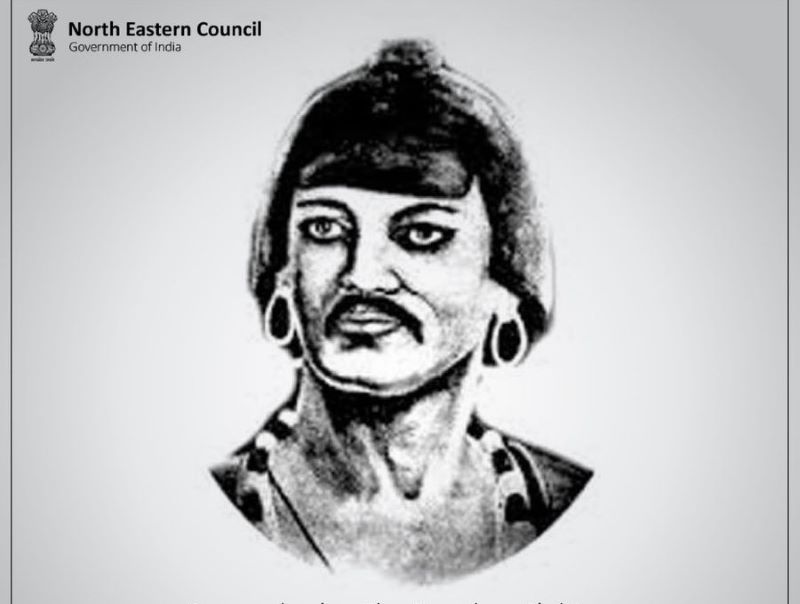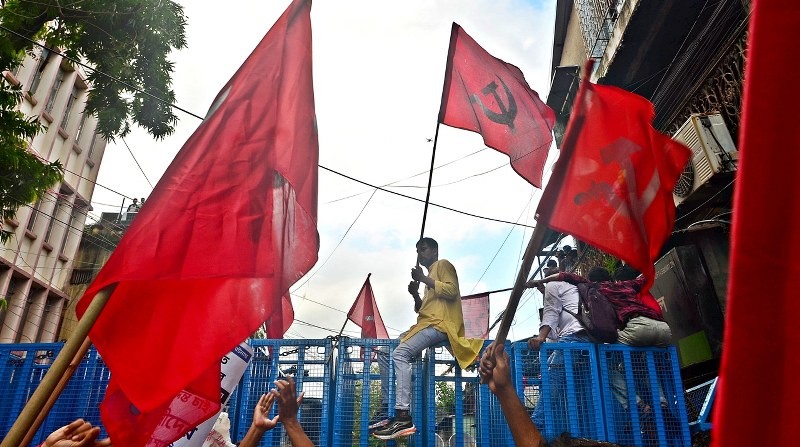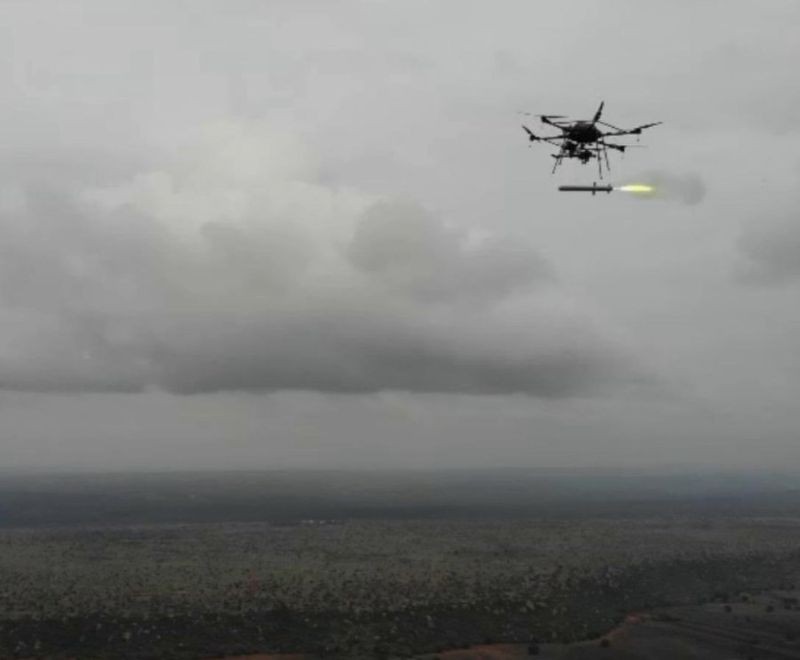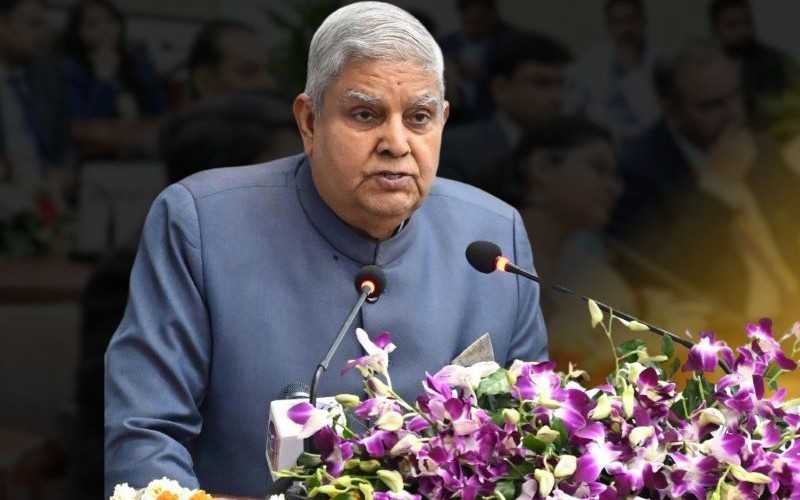Meghalaya salutes former freedom fighter U Tirot Sing on his death anniversary

Shillong/UNI: Meghalaya paid glowing tributes to the memory of its legendary hero and freedom fighter U Tirot Sing Syiem on his 188th death anniversary on Monday.
The central function was held at the U Tirot Sing Memorial at Mairang, the district headquarters of Eastern West Khasi Hills, 40 km from Meghalaya’s capital Shillong which was the erstwhile capital of Nongkhlaw, of which U Tirot Sing was the Syiem (Chieftain).
All offices, banks, and educational institutes remain closed on this day, which is a state holiday every year as a mark of respect to the memory of one of the greatest patriots, who raised the battle cry against the occupying British forces on April 4, 1829, but was finally captured and died in captivity in Dhaka on July 17, 1835.
Chief Minister Conrad Sangma, who paid floral tributes at the memorial, said, “The stories of U Tirot Sing Syiem’s valour to protect his people and his land will forever make him one of the fiercest freedom fighters of the region and the country. We bow to his courage, his sacrifice and his unyielding resolve."
"Better die an independent king than reign as the vassal." These were the immortal words of the resoluteness of U Tirot Sing Syiem, the King of Nongkhlaw who took on the might of the British and achieved martyrdom to defend the freedom of his country.
Meanwhile, the North Eastern Hill University (NEHU) observed the death anniversary of U Tirot Sing Syiem at its campus here, which was attended by teachers, scholars, students, and non-teaching staff.
Prof. Amena M Passah from the Department of History, NEHU, who presented a talk on the freedom struggle of U Tirot Sing Syiem, observed, “One of the lapses of colonial Indian historiography is the utter neglect of North-East India’s rich preserve of valiant women and men who resisted British imperialism in their region and whose names and exploits do not feature in the history books."
She also applauded the Government of India for putting efforts and spotlight on lesser-known heroes of India under the Azadi ka Amrit Mahotsav programme.
The Khasi Students’ Union, Hynniewtrep Integrated Territorial Organization (HITO) and others laid floral wreaths and observed a minute of silence in front of the statue of U Tirot Sing Syiem at Madan Iewrynghep (Fire Brigade) here.
According to history, after concluding the treaty of Yandaboo in 1826, the British had control over the Brahmaputra valley and had already occupied the Surma valley by becoming the "Diwan" of Bengal in 1765. The British then wanted a strategic road to link up these two valleys under their occupation, which was possible only through the Khasi Hills.
The political agent of the British, David Scott approached U Tirot Sing for construction of the road project through his kingdom and promised that if the project was agreed upon, U Tirot Sing would be allowed complete control over Bordwar and that free trade would flourish along the proposed road.
U Tirot Sing convened a session of his ‘Durbar’ (assembly) in which the matter was debated and subsequently the Durbar agreed to Scott’s proposals and a British garrison with laborers for the construction of the road was posted at Nongkhlaw.
However, with news coming that the British army at Guwahati and Sylhet had been reinforced, U Tirot Sing sensed the ulterior motive of the British to grab the entire hill territory between the Surma valley and the Brahmaputra valley and once again convened the Durbar and with its decision served a notice on the British to quit Nongkhlaw, but the British did not pay any heed.
The legendary patriot king raised the battle cry against the aliens on April 4, 1829, by spear-heading an attack on the British Garrison at Nongkhlaw and inflicting major casualties.
This marked the beginning of a bitter four-year-long conflict between the uncompromising Khasi soldiers under the leadership of U Tirot Sing and the British culminating in his martyrdom in Dhaka.





